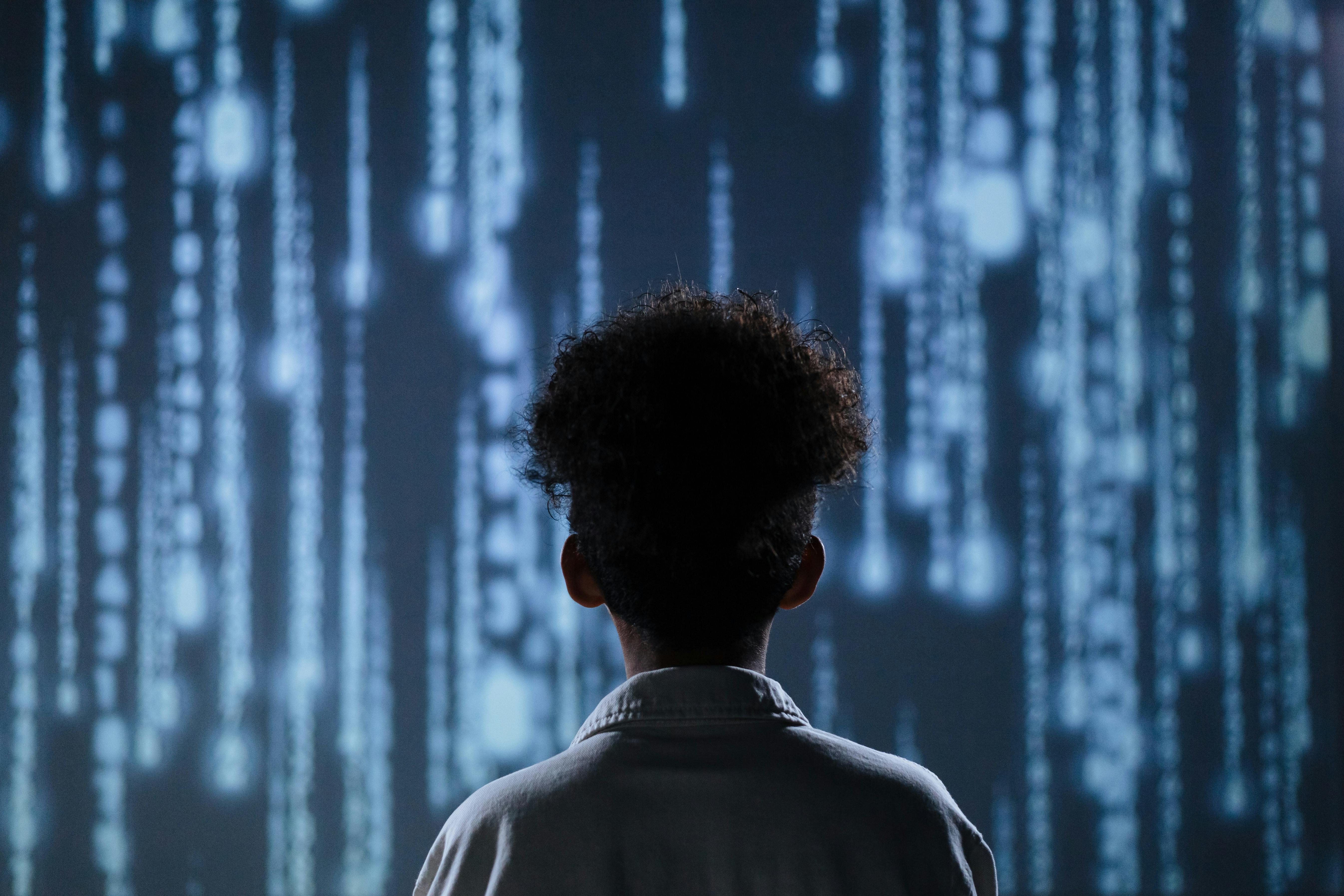AI in Criminal Justice: Fairness vs. Bias

- 2.12.2024
- ethicalaiblog
Introduction
The integration of artificial intelligence (AI) into criminal justice systems promises efficiency, accuracy, and unbiased decision-making. However, it also raises significant concerns about fairness and the potential to amplify existing biases. Balancing these aspects is critical as AI becomes more prevalent in law enforcement, sentencing, and rehabilitation processes.
Real-World Examples
Predictive Policing Algorithms:
AI systems used to predict crime hotspots often rely on historical data. If past data contains racial or socio-economic biases, these algorithms may perpetuate them, leading to over-policing in certain communities.
Risk Assessment Tools in Sentencing:
Tools like COMPAS (Correctional Offender Management Profiling for Alternative Sanctions) assess the likelihood of reoffending. However, studies have shown that such tools sometimes display racial bias, inaccurately flagging minority groups as high-risk.
Challenges
Biased Data:
AI algorithms learn from historical data, which may already include systemic biases. Using such data risks embedding and amplifying these biases in AI decisions.
Lack of Transparency:
Many AI systems are "black boxes," making it difficult to understand or challenge their decision-making processes.
Accountability:
When an AI-driven decision leads to harm or injustice, it’s unclear whether responsibility lies with the developers, implementers, or the system itself.
Solutions
Improving Data Quality:
Efforts must be made to ensure training datasets are diverse, representative, and free from historical biases.
Explainable AI (XAI):
Implementing transparent algorithms that can justify and explain their decisions to ensure accountability and trust.
Regular Audits:
Routine checks and audits of AI systems can help identify and rectify biased outcomes.
Human Oversight:
AI systems should assist, not replace, human judgment in criminal justice processes. Humans must retain ultimate authority to ensure fairness.
Opportunities of AI in Criminal Justice
Increased Efficiency:
AI can process vast amounts of data quickly, helping law enforcement identify patterns and prevent crimes.
Reduced Human Error:
AI can support more consistent decision-making by eliminating personal prejudices that may influence human judges or officers.
Personalized Rehabilitation Programs:
AI can analyze an offender’s background to create tailored rehabilitation programs, increasing the chances of successful reintegration into society.
Conclusion
AI holds immense potential to improve criminal justice systems by enhancing efficiency and reducing human bias. However, the risks of perpetuating or amplifying systemic inequalities cannot be ignored. Ensuring fairness in AI implementation requires transparency, accountability, and proactive measures to address biases in data and decision-making processes. Only with such efforts can AI truly serve justice.
Tags
Tags
- Artificial Intelligence Ethics
- Data Privacy
- Bias in AI
- AI Accountability
- Ethical AI Development
- AI and Society
- Autonomous Systems
- AI Regulation
- Human-AI Interaction
- AI Transparency
- AI for Good
- Algorithmic Fairness
- AI in Healthcare Ethics
- AI and Employment
- Responsible AI Use
- AI and Human Rights
- TeachingWithAI
New Posts
New Posts
0 comments
To leave a comment, please log in.